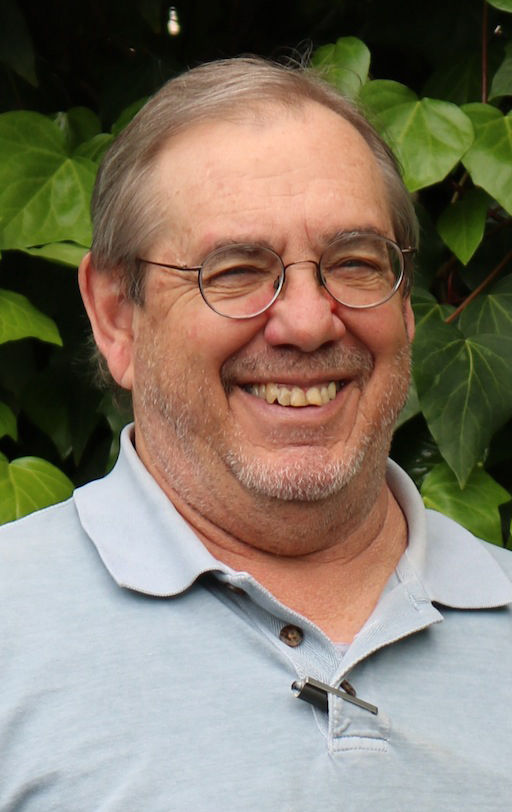So, is the world now coming to an end or not? Hurricanes are devastating Florida, Houston and a swath of Caribbean islands. A severe earthquake just struck Mexico and the western part of North America from Los Angeles to Canada is on fire. Here, in Sonoma County we just suffered a series of days where the official temperature set all-time historic records above 115 degrees.
And don’t forget the solar eclipse that happened on Aug. 21. Earthquakes, fires, historical storms, biblical floods and total darkness in the middle of the day? It sure sounds like the promised apocalypse to us.
As if all this isn’t enough doom and gloom, the whole world is on edge about threats of nuclear bombs over the Korean peninsula. We have to ask, are we living in times ruled by an angered Mother Nature or times of mad men as predicted by Nostradamus?
Consider Luke 21: 25-26: “There will be signs in the sun, moon and stars. On the earth, nations will be in perplexity at the roaring sea. People will faint from terror, apprehensive of what is coming on the world, for the heavenly bodies will be shaken.”
We are all so upset and awestruck we hardly remembered that this past Monday was September 11, 16 years after a previous apocalyptic scare shivered our world.
There’s no doubt our world has changed since the terrorist bombings of the World Trade Center in 2001. But, as much as we dwell on recent cataclysmic events, calmer reasoning would dispel all these doomsday predictions.
Those inclined to equate terrorists or rapists with Muslims, Mexicans or immigrant refuges, won’t accept the real statistics that our world is safer than it was before 9/11. Yes, there have been tragic incidents in Paris, San Bernardino, Orlando and Spain but there has been nothing close to another 9/11 or Pentagon bombing attack.
The most disastrous manmade impacts have been our contributions to increased extreme weather incidents. Our fossil fuel and carbon-based lifestyle has warmed the oceans and raised the sea levels. And, we insist on ignoring our own warnings as we over-develop our coastal regions.
Once upon a time the prevailing thought was the earth was flat. Religious leaders persecuted early scientists who spread new truths about earth and the expanding universe. Like climate change now, anti-scientific forces based in religion, superstitions or blind profit motives conspired to slow the progress of new knowledge and truths — sometimes by predicting the pending end of the world.
There are more scientific and global facts that dispute the assertion that one season of extremely bad weather proves the doomsday depicted by Apostle Luke:
Maternal and child mortality have been cut in half since 1900, and could be eradicated by 2030. The number of people who live below the poverty line has gone from 1.5 billion to 750 million in 20 years. The number of countries that have abolished the death penalty has multiplied by 13; the number of children with no schooling has been reduced by half in 20 years, and the number of authoritarian regimes has gone from 90 in 1975 to 20 today. Mortality by malaria has been reduced by 60 percent in 15 years, saving more than 6 million lives. Polio may be eradicated from all of the earth before the end of this decade, thanks to Rotary International and the World Health Organization. (All statistics are from the United Nations Millennium Goals report.)
So we don’t agree with conservative columnist Ann Coulter when she says Hurricane Harvey descended on Houston because they once elected a lesbian mayor. We don’t think the path of Hurricane Irma was steered by a liberal hoax.
Apparently some people still think the earth is flat. We can’t help counting backwards to Y2K (1999) and we wonder how we all escaped the promised Rapture in 2003 — or was that 2012? Until the world really ends, we hope scientific progress can keep marching us forward.









